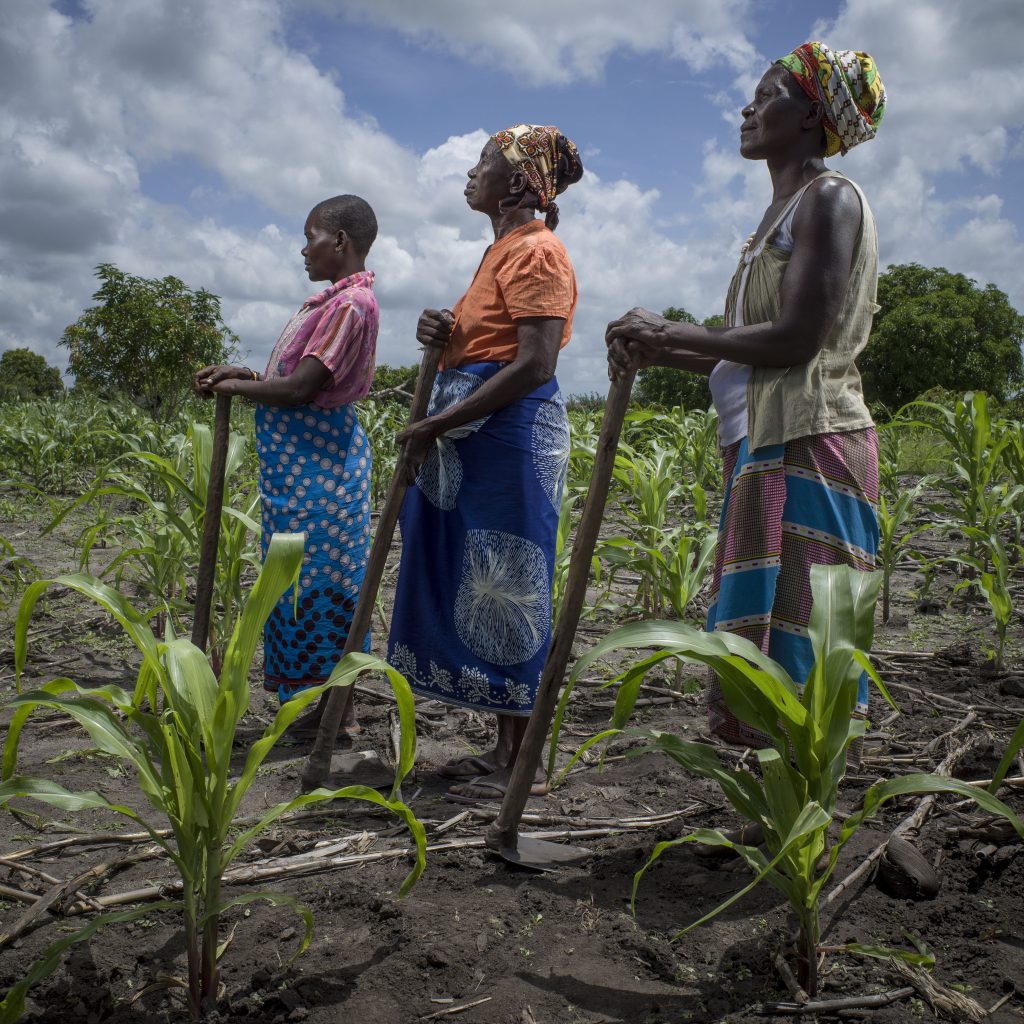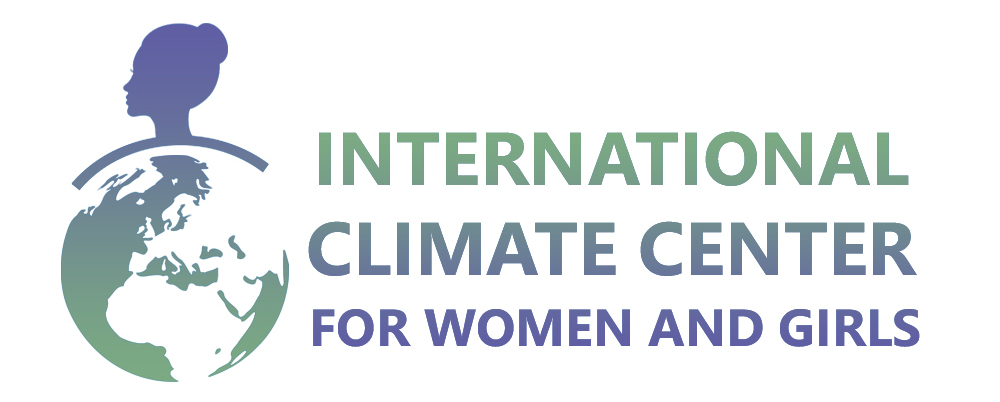Support ICCWG
Help us build movements to fight the climate crisis and push for a just and sustainable society
The most vulnerable communities will be impacted by the convergence of the health, economic, and biodiversity crises with the climate crisis. At ICCWG, we think that nations need to take the lead internationally and enact policies that hasten the transition from societies rooted in justice and ecological to ones that are transformative and equitable. With your help, we can make a bigger difference in the battle for a fair social and ecological transition.

Join ICCWG
Support ICCWG
Work With Us
Why Focus On Gender?
- Women and girls play a central role in climate transitions, as climate change impacts people in different ways. To achieve gender equality, it is crucial to ensure that everyone benefits from climate transitions. Sustainable development and gender equality are not separate goals, but interdependent pursuits that must be harnessed together.
- Climate change affects men and women differently, with vulnerable populations facing greater exposure and less resilience to climate variability, stresses, and shocks. Extreme weather events, such as heat waves, wildfires, floods, droughts, and unusual rainfall, have varying impacts on different genders. These differences are not just limited to health and education, but also extend to economic opportunities.
- Women are often employed in natural resource-based industries and climate-sensitive sectors, where they are more susceptible to climate change impacts. Climate change can also increase gender-based violence and sexual exploitation, and worsen women’s time poverty. Thus, addressing gender inequality is a critical component of achieving sustainable development goals and adapting to climate change impacts.
- Climate change affects men and women in different ways, particularly in vulnerable communities that face higher exposure and less resilience to climate-related stresses and shocks. Extreme weather events like heat waves, wildfires, floods, droughts, and unusual rainfall have varying impacts on genders.
- Women are often employed in natural resource-based and climate-sensitive sectors, which makes them more vulnerable to the effects of climate change. This exacerbates gender inequality, leading to increased violence and sexual exploitation and limiting women's opportunities for learning, working, and earning. Therefore, addressing gender inequality is crucial to achieving sustainable development goals and building resilience to climate change impact.
